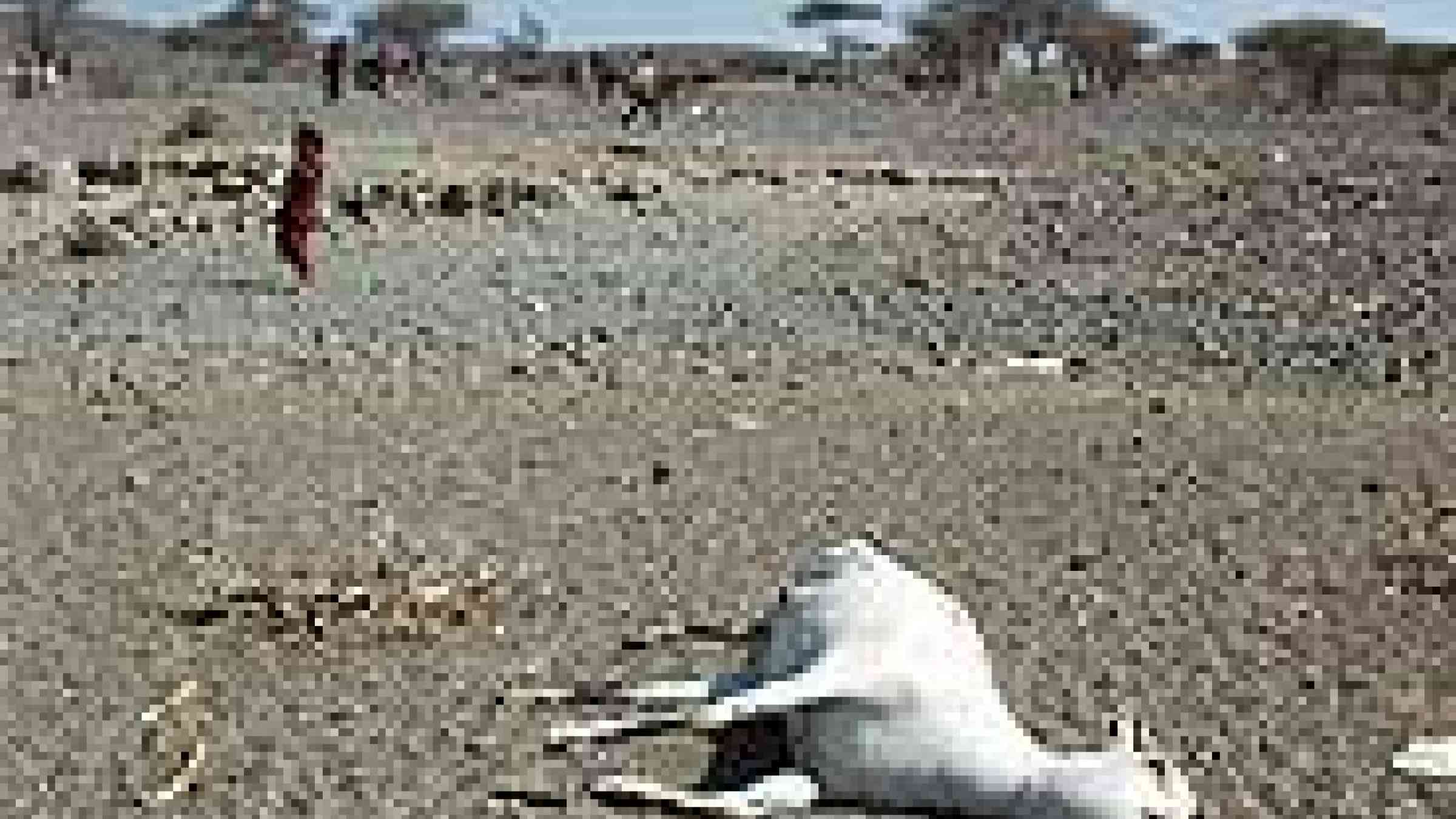UN agencies join forces to bring weather insurance to rural poor people

The World Food Programme (WFP) and the International Fund for Agricultural Development (IFAD) have launched a joint initiative with the Bill & Melinda Gates Foundation which aims to help provide poor rural farmers with financial protection following natural hazard events.
Under the initiative, the foundation is providing US$998,000 in funding to support the research and planning for insurance schemes designed to help shield small farmers from the impact of natural disasters and climate change.
“Poor people in rural areas are vulnerable to the harsh effects of natural hazards, such as drought and floods. Weather index-based insurance can dramatically improve their ability to predict and cope with the impact of severe weather events exacerbated by climate change,” said Ulrich Hess, Chief of Risk Reduction and Disaster Mitigation Policy at WFP and team leader of this IFAD-WFP partnership.
Extreme weather events and natural disasters can devastate agriculture and trap rural households in poverty. Droughts and flooding can impede development and drain a country’s critical financial resources. Of the nearly one billion people living on less than US$1 a day, three out of four live in rural areas in developing countries. Most depend on agricultural activities for their livelihoods yet lack the institutional and financial capacity to withstand the impact of extreme weather events.
Support from the foundation will be used to assess the experience of ongoing initiatives in index insurance and define the key factors in creating widespread access to index insurance. This analysis will benefit from collaborations of leading public and private sector experts in the field.
The IFAD-WFP team will also develop an overall strategy for a joint Weather Risk Management Facility (WRMF) that would build the capacity of public and private entities in weather insurance and develop and test delivery models for index insurance relevant to rural smallholders.
“This collaboration between IFAD and WFP on index insurance will help bridge the gap between emergency relief and rural development. Affordable insurance can help improve the livelihoods of poor, rural smallholders by enabling them to protect themselves and their financial security, in the event of a crisis,” said Kevin Cleaver, Assistant President of the Programme Management Department at IFAD, emphasizing the agency’s commitment to increasing the ongoing access of smallholders to a wide range of financial services.
Weather index-based insurance schemes have been successfully piloted in a number of countries, including Ethiopia, Malawi, Nicaragua, Honduras and India. Payouts to farmers who subscribe to the schemes are triggered by pre-defined and independently-verifiable indices tracking events such as lack of rainfall during critical crop growing periods. Weather indexed insurance has also been piloted by WFP as the basis for the first humanitarian insurance policy for Ethiopia.
“This grant supports an important joint initiative that will explore the most sustainable strategies to increase the financial security of millions of people who are living with the constant threat of weather-related disasters,” said Amolo Ng’weno, deputy director of Financial Services for the Poor for the Bill & Melinda Gates Foundation. “This collaboration will seek to address some of the most significant issues and challenges associated with providing index insurance products to rural smallholders on a large scale and open their access to savings and other financial services.”
A number of strategic partners will play critical roles in this work, including the World Meteorological Organization, which establishes quality and accessibility standards for weather data around the world. In addition, the International Research Institute for Climate and Society (IRI) will support the climate science behind this project and disseminate some of the findings.